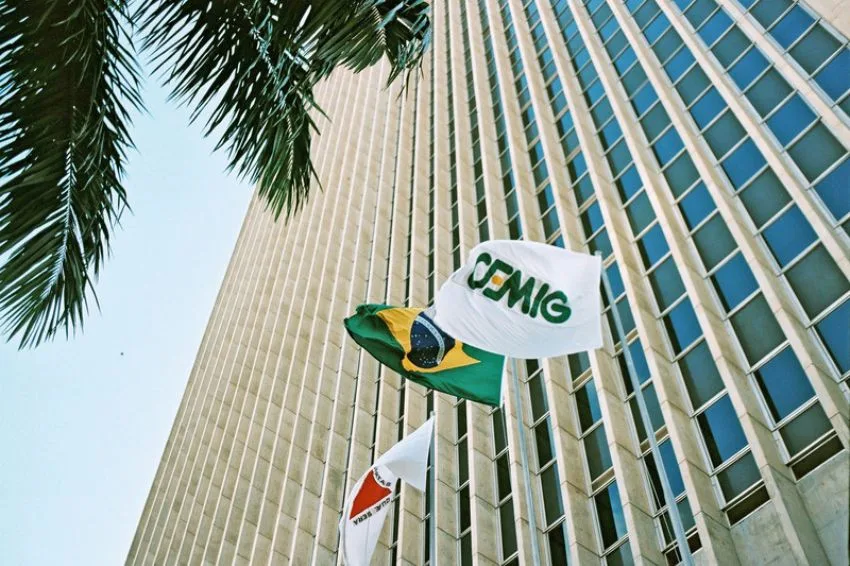In collaboration with Marcelo Tanos Naves*
A Single Court of the District of Mutum (MG) determined, this Monday (22), that Cemig present in the case file, within ten days, a detailed report on possible voltage variations as a result of the connection.
The energy distributor must also present the impacts caused by the flow reversal, in accordance with article 78 of the Normative Resolution 1000/2021 from the ANEEL (National Electric Energy Agency), including on-site measurements with devices in the circuit.
Understand the case
As established in the first paragraph of article 73 of Resolution 1,000/2021, if the new connection, or the increase in injected power from micro or mini generation, involves inverting the power flow at the distributor's transformation station or in the feeder circuit breaker, the distributor must carry out studies to identify viable options that eliminate such inversion.
They are:
- Reconfiguration of circuits and load relocation;
- Definition of another electrical circuit for connection;
- Connection at higher voltage level;
- Permanent reduction of injectable potency; It is
- Reduction of injectable potency on pre-established days and times or dynamically.
Pursuant to article 83 of Resolution 1,000/2021, the consumer and other users must approve the connection budget and, in the case of distributed micro or minigeneration connection falling within the aforementioned first paragraph of article 73, the ninth paragraph of article 83 provides that, when approving the connection budget, the consumer must formalize their choice between the alternatives presented to the distributor️.
In this context, the distributor's study – referred to in the first paragraph of article 73 of Resolution 1,000/2021 – must form part of the connection budget and contain:
- Analysis and demonstration of flow reversal, including maximum connection capacity and flow without flow reversal;
- Analysis of the available alternatives, identifying those considered viable and those with minimum overall cost, and
- The responsibilities of the distributor and the consumer in each alternative.
It turns out that, in practice, several electricity distributors, using a mistaken interpretation of articles 73 and 83 of Resolution 1,000/2021, are practicing various irregular conducts.
The main ones are the issuance of a connection quote without demonstrating flow inversion and maximum connection/flow capacity without flow inversion and the issuance of a connection quote containing only one of the solutions contained in the first paragraph of article 73 of Resolution 1,000/ 2021.
In other words, without indicating and analyzing all the alternatives listed by the regulation in order to identify those considered viable and those with minimum overall cost.
In the lawyer's opinion Marcelo Tanos, partner at LTSC Sociedade de Advogados, the decision in question proves to be extremely important, considering that, in addition to compelling the distributor to comply with the necessary and strict observance of the sectoral regulations, the Single Court of the District of Mutum (MG) also approved the reversal of the burden of proof, under the terms of article 6, VIII, of Law nº 8078/1990, since the author and the local distributor have a consumer relationship.
In simple terms, the decision highlights the need for the distributor to comply with the rules and facilitates consumer protection in this specific case.
In this sense, Tanos highlights the clear lack of technical (informational) knowledge on the part of those who access the services of electricity distribution concessionaires.
In his assessment, these services, which work in monopoly regime, intensify the dependence of users It is make it difficult even more to obtaining information necessary for the desired connections.
In simple terms, he highlights that customers often do not have the technical knowledge necessary to deal with electricity concessionaires, which is aggravated by the fact that these concessionaires operate on a monopoly model.
In my analysis, the decision rendered appears to be correct in establishing a penalty of daily fine of R$500, limited to R$ 50 thousand, if the decision is not complied with by the local distributor within ten days.
The establishment of a daily fine penalty aims to compel the local distributor to comply with the court decision, as a type of indirect execution.
In other words, the objective is not to force you to pay the amount of the fine, but rather to encourage her to comply with the legal obligation imposed by the magistrate, which is the presentation of a detailed report about possible voltage variations due to the connection intended by the author, as well as the impacts caused by flow reversal.
Having made these considerations, it is necessary to conclude that the non-issuance of a connection quote under the allegation of technical unfeasibility, the issuance of a connection quote without demonstrating the flow reversal/maximum connection capacity, and the issuance of a connection quote containing only one of the solutions contained in the first paragraph of article 73 of Resolution 1,000/2021 represent non-compliance and legal, regulatory and contractual non-compliance on the part of local distributors.
*Lawyer and founding partner of LTSC Sociedade de Advogados, with specialization in Regulatory Law and Energy Law from the Center for International Law and the Institute of Advanced Studies in Law. Postgraduate in Tax Law from the Center for Studies in the Federal Legal Area. Graduated in law from the University Center of Belo Horizonte. Founding member of the Brazilian Association of Energy and Environmental Law and member of the Natural Gas Committee. Member of the Energy Chamber of the Federation of Industries of the State of Minas Gerais. Member of the OAB/MG Energy Law Commission and Director of the Distributed Generation, Green Hydrogen, Storage & Batteries, Centralized Power Plants, Biogas & Biomethane Working Groups. He worked as a lawyer in the Regulatory, Tax and Commercial Law Management at CEMIG, with expertise in the segments of generation, distribution, transmission and commercialization of electrical energy.
The opinions and information expressed are the sole responsibility of the author and do not necessarily represent the official position of Canal Solar. If you are interested in collaborating or reusing some of our material, we ask that you contact us via email: [email protected].















